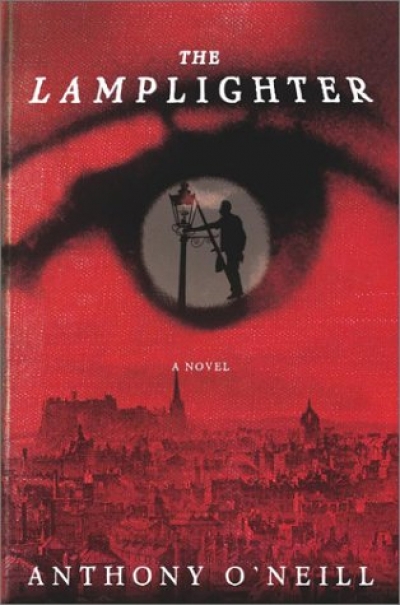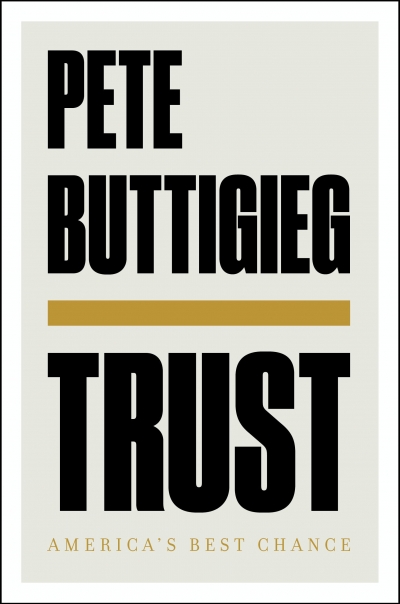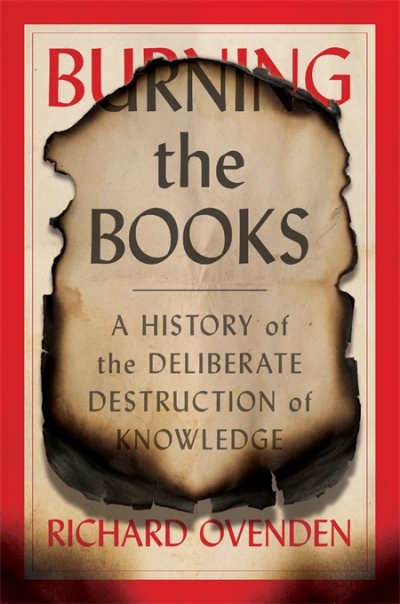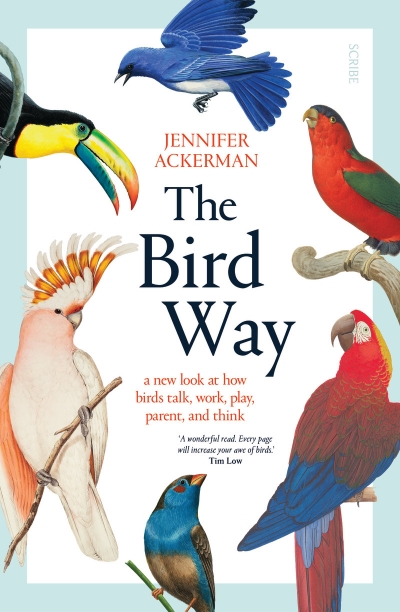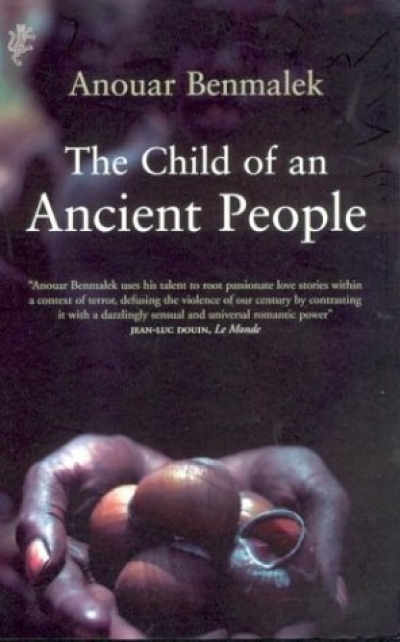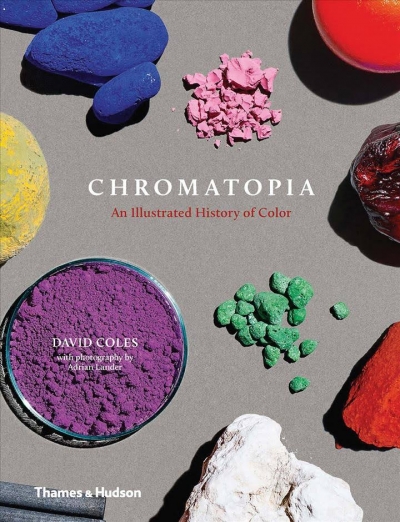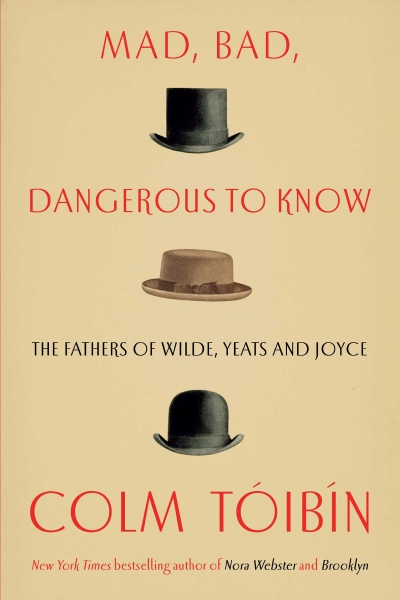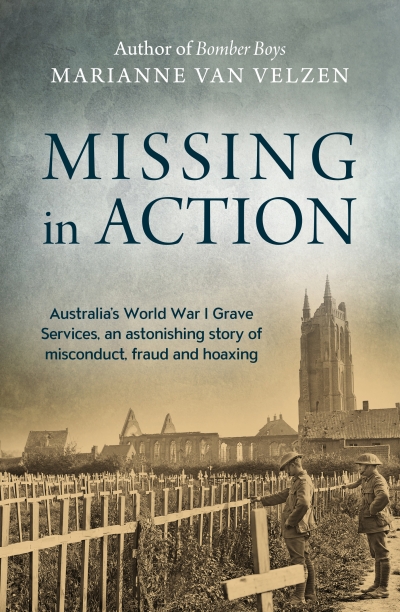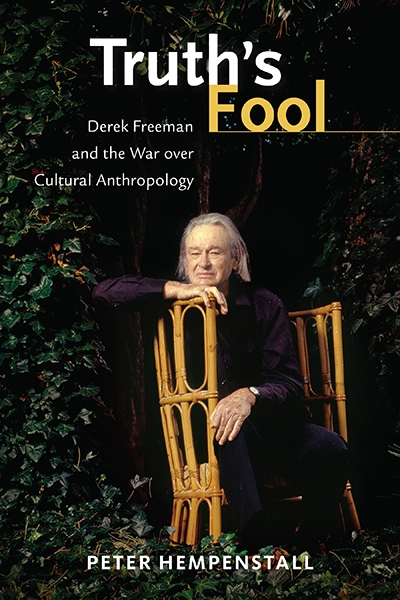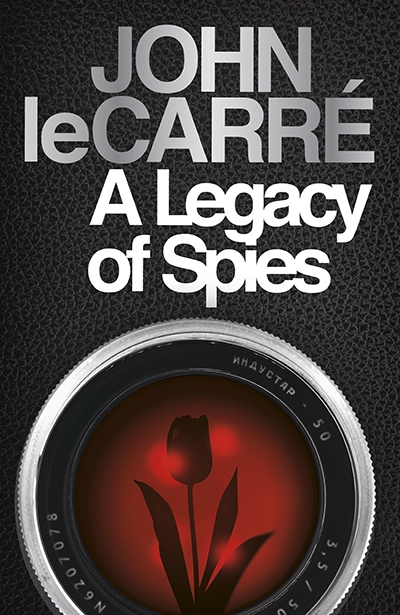Simon Caterson

Simon Caterson is a Melbourne-based writer whose first contribution to ABR appeared in 2001.
Serious observers of American presidential politics will not have missed the rapid rise to national prominence of Pete Buttigieg, the thirty-eight-year-old former mayor of the small Midwestern city of South Bend, Indiana. Within a year of announcing his candidacy for the Democratic presidential nomination, Buttigieg had made history as, in his words, ‘the first openly gay candidate to win a stat ... (read more)
The store of knowledge available to humanity has never been so immense and accessible as it is today. Nor has it been so vulnerable to neglect or erasure. That, in essence, is the message of this book, written with urgency by the most senior executive at the Bodleian Libraries at Oxford, one of the largest and oldest library systems in the world.
In Burning the Books: A history of knowledge under ... (read more)
One of the most bizarre as well as unfortunate deaths in literary history occurred when the playwright Aeschylus was struck by a tortoise dropped on him by a bird. Bizarre, that is, if we don’t consider what the bird involved was doing, which was clever as well as practical. From the bird’s perspective, the tortoise was being dropped on a convenient stone rather than the bald head of a Greek t ... (read more)
At once extravagant and tightly wrapped, this novel reinforces the view that historical fiction says as much about the present and the future as it does about the past. At the level of history proper, Anouar Benmalek’s vision unites three continents that, in the second half of the nineteenth century, are subject to the depredations of European colonialism and domestic tyranny. At the human level ... (read more)
The story of art could be framed as a narrative of tension between the boundless creative imagination of artists and the practical limitations – including instability, scarcity, even toxicity – of their materials. As master paint-maker David Coles explains in this wonderful book, the vividness and permanence of artists’ colours have never been assured.
... (read more)
Like so many parents of great authors, the fathers of Oscar Wilde, W.B. Yeats, and James Joyce have much to answer for. Certainly, each man had a profound influence on his son’s literary career without for a moment being conscious of the literary consequences of his words and actions.
... (read more)
Apart from its value as a case study in bureaucratic corruption and incompetence caused by lack of proper oversight, Missing in Action serves as an important reminder that the trauma of Australia’s involvement in World War I did not end with the Armistice. The appalling loss of life was compounded by the ineptitude and fraud associated with the initial official attempt after the fighting had end ... (read more)
‘It is hard to reach the truth of these islands,’ observed Robert Louis Stevenson of Samoa in a letter written to a close friend in 1892, two years after the author had moved to an estate on Upolu. Stevenson, who died in 1894, could never have anticipated the prophetic dimension added to those words. Less than a century later, in the 1980s, the Western understanding of Samoan society would bec ... (read more)
Sherlock Holmes, fairly early on in his career, survived an attempt by Arthur Conan Doyle to kill off the character in ‘The Adventure of the Final Problem’. Although Conan Doyle had wanted to dispense with Holmes and write about something else, he bowed to the pressure to continue the great detective’s adventures that came from the many readers who refused to accept that Holmes had died in t ... (read more)

